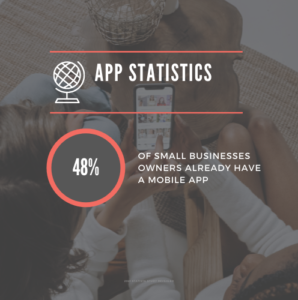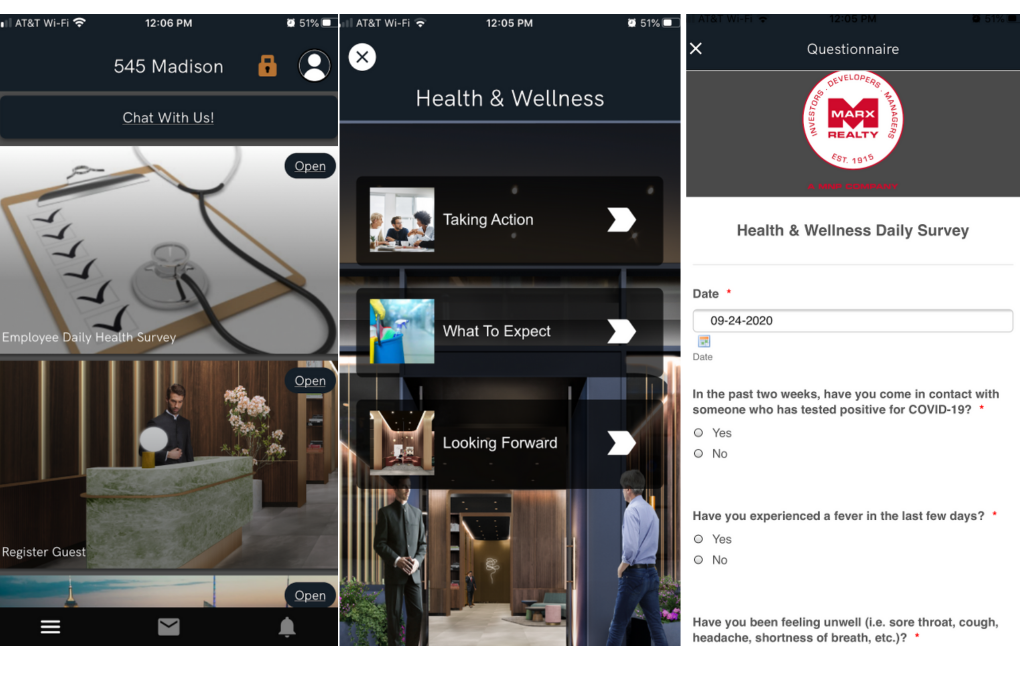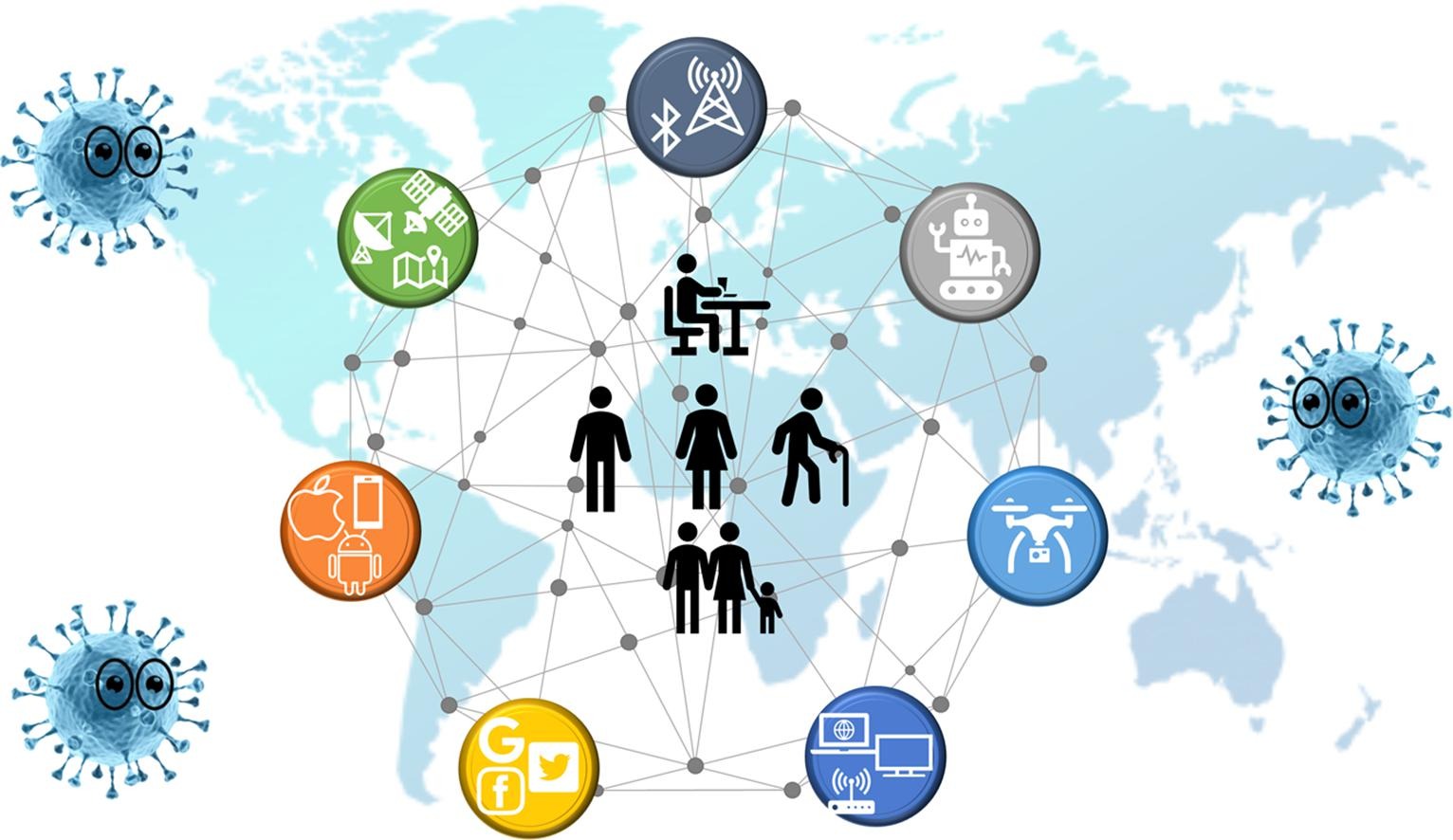The outbreak of COVID-19 precipitated a period of rapid change across the globe. The workplace moved from the office to the home. In-person events went virtual. Telehealth appointments became a viable alternative to the crowded doctor’s office. Retail leveraged emerging technologies like augmented reality (AR) to replicate the in-person shopping experience. These changes varied according to the demands of the specific industry, but there was a common thread uniting them — and that’s the sudden reliance on mobile apps.
In this socially-distanced world, apps have become an essential part of doing business, facilitating everything from customer communication to revenue generation. Big corporations with the budget and infrastructure quickly launched custom-developed apps, but thanks to the accessibility of low-code/no-code platforms, a surprising number of small businesses also made the pivot to mobile — a 2021 Statista study revealed 48% of small business owners already have an app.

For the 52% without an app, there’s never been a better time to go mobile. Sensor Tower reports “worldwide consumer spending is projected to reach approximately $133 billion on in-app purchases, premium apps, and subscriptions across the App Store and Google Play” — a 17.7% year-over-year growth from 2020 — while App Annie projects app downloads will exceed 258 billion in 2022. It’s also never been easier to develop an app. With turnkey app platforms like enCappture, where everything is done for you, your business can now have a completely custom app ready to launch in a matter of weeks, at a fraction of the cost of traditional development. If you haven’t already, now is the time to take your business mobile and start making stronger connections with your customers.
New apps launched during COVID-19
Mobile games and media routinely dominate App Store downloads, but at the beginning of the pandemic, there was an enormous increase in downloads born of COVID restrictions. Ad Colony reports downloads for business apps like Zoom and Google Meet increased 148% year-over-year and retained users into 2021. Education app downloads increased 105%. Medical app downloads increased 79%, and fitness apps 59% — Forbes reports users have spent $673 million on apps like Peleton and Fitbit. This explosion of new growth indicates customers have not only grown accustomed to the convenience of apps, they’ve come to expect them.
From banking to grocery shopping, apps born of COVID restrictions have now become an essential part of everyday life. The convenience afforded by apps is undeniable, as is their ability to quickly disseminate information — and now that people are used to this convenience, there’s no going back.
Why build an app?
COVID-19 has certainly accelerated the adoption of mobile apps, but there are many benefits to having an app that extends beyond the pandemic. Let’s take a closer look at how mobile apps can bolster your business and improve the customer experience.
Three benefits of mobile apps
Mobile apps are the ultimate marketing tool — not only do they offer unique, branded opportunities to connect with your customers, they also provide critical customer insight. Here are the top three ways your business benefits from an app:
- Customer connection. Whether you own a gym or manage an apartment building, the ultimate purpose of your app should be to connect with your community. Fortunately, turnkey apps offer a range of features that facilitate meaningful interactions. Creative video content entertains or informs. Push notifications can communicate critical information — like a flash sale, or an updated COVID policy. Social features can create a virtual community. Polls and questionnaires increase engagement and deliver valuable feedback. There is no limit to what a mobile app can do to connect customers with your business — it’s just a matter of finding the right features to convey your brand’s message.
- Brand building. Apps are also a great way to build your brand. A useful, well-constructed app can become a part of your customer’s daily routine, which makes it a great opportunity to reinforce your message and showcase your aesthetic. As Forbes puts it, “When executed correctly, branded mobile apps are the missing piece of the omnichannel puzzle because they create a more meaningful connection between the brand and the consumer. Most importantly, they establish a connection between a brand, its digital channels, stores, associates, and customers.”
- Optimal analytics. Undoubtedly one of the biggest benefits of a mobile app is the opportunity to capture valuable customer data. Understanding how your customers move through your app allows you to understand their behavior, improve their experience, and personalize your marketing approach — which can drive ROI, improve engagement, and reduce churn.

Benefits of mobile apps for customers
The benefits of a mobile app for businesses are clear, but customers are equally excited by the convenience and personalization apps provide — eMarketer reports smartphone users spend 88% of their time in apps. Here are the top three things that keep customers coming back to apps:
- Convenience. If the increased adoption of apps during the pandemic has taught us anything, it’s that people have come to rely on the convenience of mobile apps. From facilitating fast communication to relaying essential information, apps not only make things easier, they put the customer in control. Customer Experience Labs reports 85% of consumers favor mobile apps over websites — and of that 85%, 55% perceive apps as more convenient.
- Customer service. People love a quick, easy fix — and mobile apps offer the speed of an Internet search with the custom help of a live representative. In fact, a 2017 study of American Express customers revealed 71% of respondents preferred a mobile app to a chat or instant message feature for online customer service.
- Personalized experience. SmarterHQ reports 72% of consumers only engage with personalized messaging, while Statista reveals 90% of U.S. consumers find personalized marketing appealing. Personalization is so important to modern customers, Accenture found a staggering 83% of people are willing to share their data if it means a more curated user experience. Unlike websites or email campaigns, which are designed for wide appeal, mobile applications can be tailored to suit individual preferences. They can also be designed to improve functionality based on in-app behavior; for example, if a user rarely checks their direct messages but always opens push notifications, information can be primarily disseminated through the more successful channel.
Once resistant audiences now use mobile apps to accomplish simple daily tasks — and your business cannot afford to miss out on this valuable touchpoint. Building a mobile app may seem daunting — especially for businesses that are not tech-driven — but there are new, affordable ways for small- and medium-sized businesses to get turnkey apps, with everything done for you, in just a matter of weeks.
Want to launch a branded mobile app for your business? Schedule your free product demo with enCappture today.


